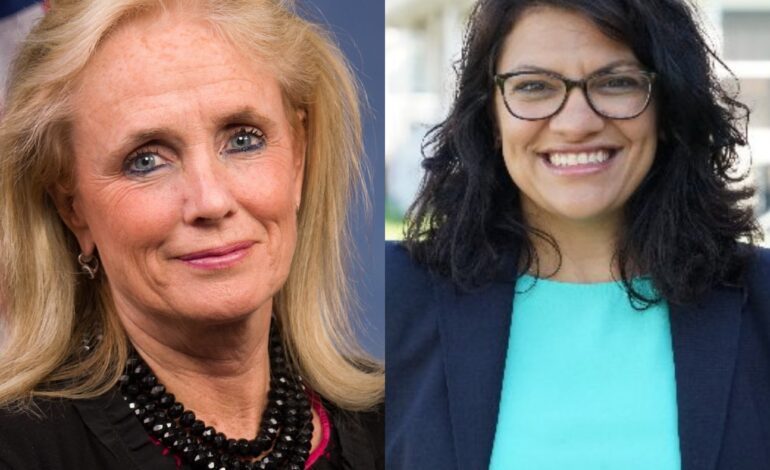WASHINGTON D.C. — U.S. Reps. Debbie Dingell (D-Dearborn) and Rashida Tlaib (D-Detroit) reintroduced the Emergency Water is a Human Right Act.
The act would prohibit water shutoffs and ensure water affordability protections for low-income households during the COVID-19 pandemic.
The Center for Disease Control and Prevention (CDC) says one of the most effective ways of preventing the spread of COVID-19 is to wash hands often with soap and water.
Prior to the pandemic, an estimated 15 million people had experienced a water shutoff in communities with higher rates of poverty, unemployment and people of color.
“Long before this pandemic began, the lack of access to water had deadly consequences for people and families around this country,” Dingell said. “Denying any of our neighbors the ability to wash their hands or drink safe, clean water is unconscionable and immoral. If someone cannot afford their water bill, federal and local government should work together to help them, not punish their families by cutting off their access to water. Congress must immediately enshrine water as an undeniable human right afforded to all people who call this nation home.”
Currently, 183 million people live in jurisdictions without shutoff protections.
“At the onset of the COVID-19 crisis, around 2,800 families in Detroit had no running water,” Tlaib said. “No one should be left without the ability to wash their hands in order to help safeguard themselves and their loved ones from the far more contagious, threatening strain of this virus. Water has become more and more unaffordable, inaccessible and contaminated because we are not prioritizing the critical importance of water being a human right. The barriers and continued lack of investment are components of increased poverty and structural racism that many in our community have been facing their whole lives. This new Congress and administration should address this issue with a renewed urgency for dismantling these broken systems and ensuring that water is a human right no one is denied.”
At least 73 members of the House of Representatives are co-sponsoring the legislation and 88 organizations have endorsed the bill.
Denying any of our neighbors the ability to wash their hands or drink safe, clean water is unconscionable and immoral — U.S. Rep. Debbie Dingell (D-Dearborn)
The legislation would also provide water protections for households with incomes up to 150 percent of the federal poverty guidelines by authorizing $1.5 billion in grants using the Low-Income Home Energy Assistance Program (LIHEAP) to administer drinking water and wastewater assistance.
The bill would require service providers to reconnect water service as well as home energy and electric services.






Leave a Reply